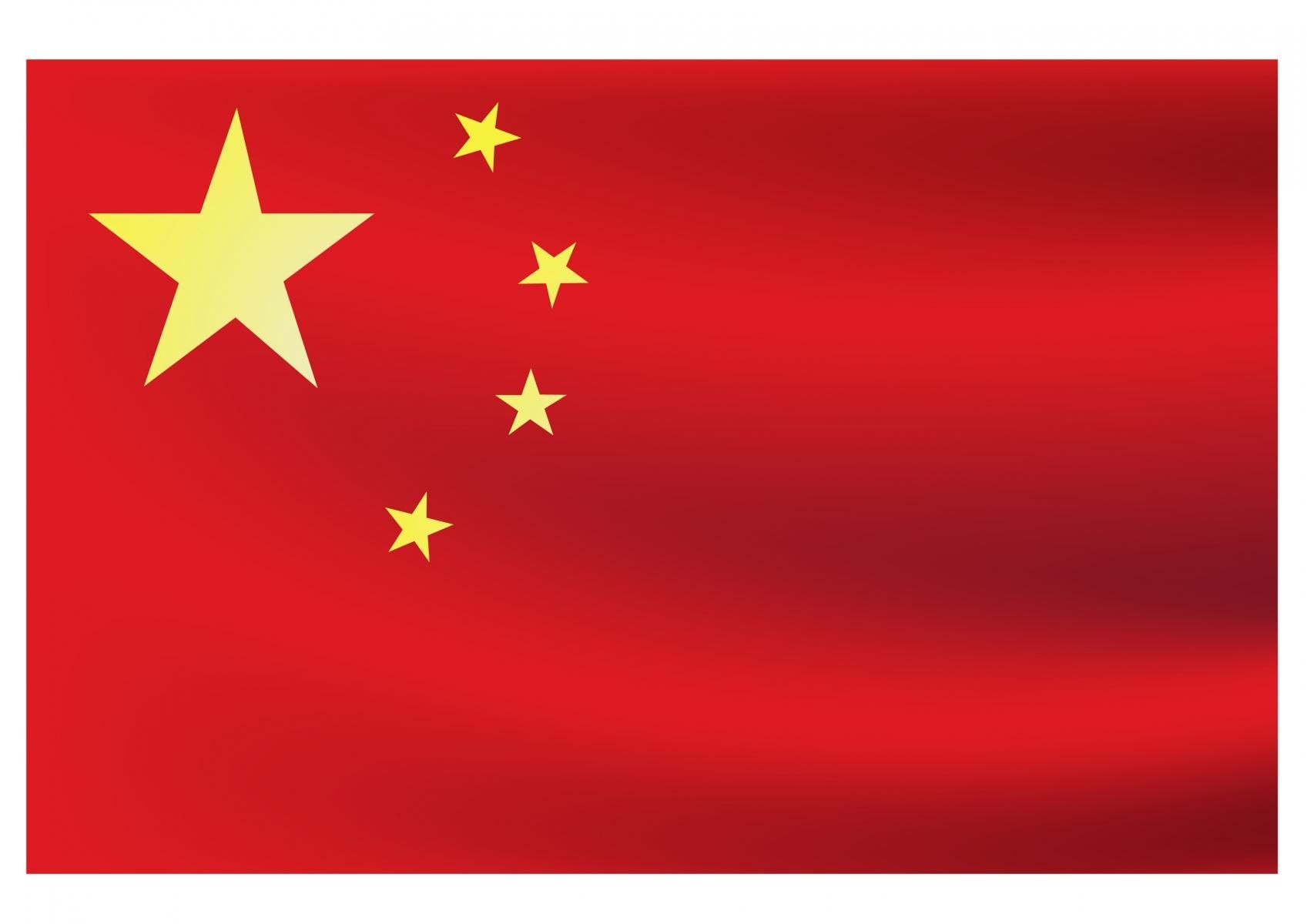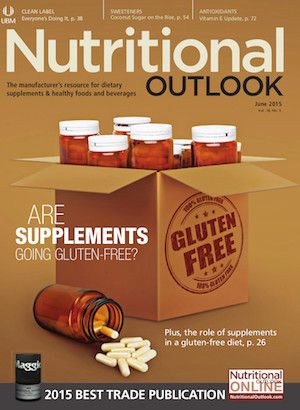China’s New Dietary Supplement Law Goes into Effect in October. But Will It Solve the Problems?
“I personally feel bad for all the Chinese companies that are and have been producing good products,” says USCHPA's Crowther.

China officially passed its new food-safety law in April, and with it come changes to how dietary supplements imported into the country or sold within the country are regulated. Effective October 1, 2015, the new law establishes a notification-based system for certain dietary supplements-vitamins and minerals only-that allows products containing these ingredients to bypass the China Food and Drug Administration’s (CFDA) registration process.
Jeff Crowther, executive director of the U.S.-China Health Products Association (USCHPA; Lewes, DE), says the new law will help boost transparency and eliminate some gray area within the China supplement-regulatory framework that had grown murkier over the years.
Blue Hat System Will Not Go Away
But the blue-hat system will still persist for products containing ingredients other than vitamins and minerals, Crowther says. “At this point, the blue hat system will not go away,” he says. This is the existing CFDA registration process that requires companies selling dietary supplements in China to spend hundreds of thousands of dollars registering their products for China commerce. Besides being often prohibitively expensive, the process is lengthy and required for each finished product.
Although the process for vitamins and minerals is now streamlining, Crowther says it is still unclear whether vitamins and minerals, once notified with CFDA, will still need to receive some type of approval number on a per-finished product basis. Between now and October 1, CFDA and China’s National Health and Family Planning Commission (NHFPC), the government agency overseeing health awareness and education, will release guidance documents that should shed more light on the regulation's specifics.
Clearing Up Gray Area
One thing is clear, however, Crowther says. The new law should help clear some of the gray area that has transpired over the years, created by companies-especially importers, but also domestic sellers-trying to sidestep China’s prohibitively rigorous blue hat system.
“In the past, foreign companies would import dietary supplements as food, claiming that the ingredients of the products had a direct relationship to food,” he explains. “So they were able to navigate into the market under food law.”
In customs, this meant that companies would obtain documentation from China’s Administration of Quality Supervision Inspection and Quarantine (AQSIQ). “Each time a shipment was received in customs, the foreign company or domestic importer would have a customs clearance firm help them do the appropriate safety and micro-tests to obtain import documentation-most importantly, the ‘sanitation certificate,’ which, once obtained, allows the importer to sell in the market,” Crowther explains.
But years ago, CFDA became concerned about this gray area of commerce, made even murkier because CFDA and AQSIQ do not have a good communications system established, Crowther says. In January 2014, the government stopped the “food”-import workaround for supplement-type products, which left many importers unable to get their products into the country.
With the new food-safety law, importers and domestic sellers will have an easier way to get products into China commerce-again, as long as the products contain vitamins and minerals only.
What of Non-Vitamins and –Minerals?
And what of non-vitamin and –mineral products? Crowther says that while USCHPA applauds China for moving in the “right direction” with these new streamlined regulations, the system still "needs work”-namely, because of all of the non-vitamin and –mineral ingredients that the new process still excludes.
“What about all the other ingredients that are used in the overall dietary supplement industry, such as omega-3s, pro/prebiotics, CoQ10, lutein, lycopene, amino acids, plant-based antioxidants, green foods, etc.?” Crowther asks.
CFDA and NHFPC are together creating a list of ingredients that will be eligible for notification come October 1. Crowther says, “Now that China is working on this list, [USCHPA] would like to see them expand this list to include such ingredients. Many of the above-mentioned ingredients are already accepted as food ingredients in China, but are not currently allowed to be put in a tablet, capsule, or soft gel unless they have the blue hat registration.”
“I personally feel that China will add more ingredients to the list as time goes on, and continue opening up the supplement industry,” he says. “However, they will be careful to move slowly, allowing time for domestic industry to mature so as to be competitive with the global industry leaders.”
A Good Move
Crowther says that overall USCHPA is happy that China is changing its regulatory framework.
“The new food-safety law is a good move for China in order to help create a more safe and transparent system,” he says. “Across all industries and Chinese society in general, transparency is something that is sorely lacking, which the current administration is working to rectify. Over the years, this absence of transparency has created a mistrustful consumer base and a fertile environment for unscrupulous opportunists to cash in on producing unsafe, shoddy, as well as, in some cases, deadly products.
“I personally feel bad for all the Chinese companies that are and have been producing good products,” he continues. “It is difficult for them to rise above the stigma of China’s poor safety record, especially when they are seeking to ‘go global’ with their brand. Nobody wants to buy ‘Made In China’ food products or supplements for that matter. The new food-safety law will hopefully help to lessen this stigma in the coming years. I can remember clearly growing up in the United States that anything ‘Made In Korea’ was viewed as junk; however, that stigma has all but vanished.”
Also read:
China Should Be the Largest Market for Dietary Supplements. So Why Have Exports to China Stopped?
Nutritional Outlook's Best of 2014: U.S.–China Health Products Association
It’s Official! China Redrafting Regulatory Process for Dietary Supplements
Jennifer Grebow
Editor-in-Chief
Nutritional Outlook magazine
jennifer.grebow@ubm.com
Photo © iStockphoto.com/jpa1999

HHS announces restructuring plans to consolidate divisions and downsize workforce
Published: March 27th 2025 | Updated: March 27th 2025According to the announcement, the restructuring will save taxpayers $1.8 billion per year by reducing the workforce by 10,000 full-time employees and consolidating the department’s 28 divisions into 15 new divisions.




















